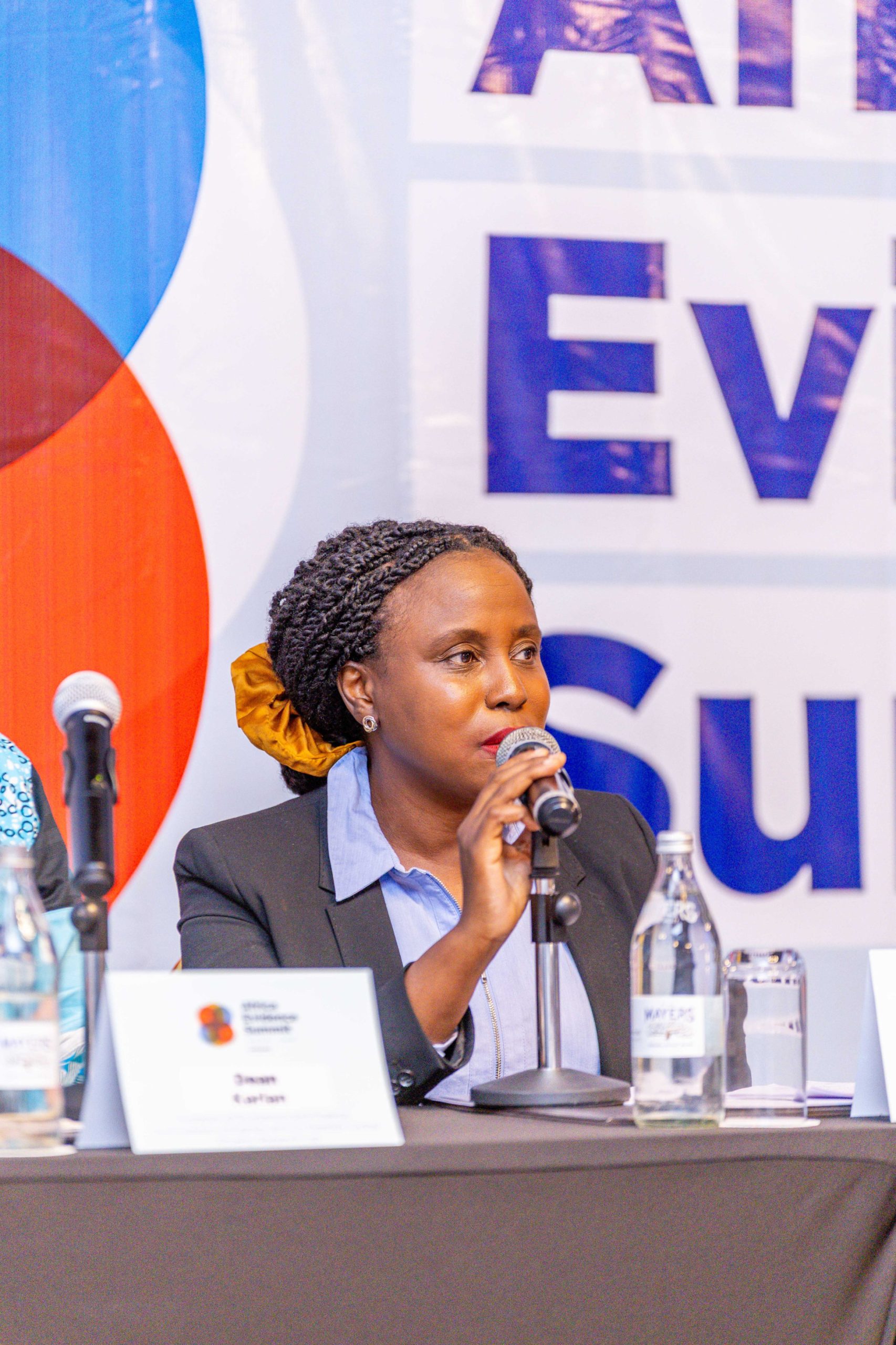Emilie Oftedal, Prof Dean Karlan, Catherine Kyobutungi, and Amos Njuguna at the Africa Evidence Summit where they presided over the Keynote panel discussions.
Experts have called on researchers to ground their proposals on evidence, and in a simple way that is easy for donors to understand and appreciate.
They spoke at the Africa Evidence Summit in Nairobi, organised
to spotlight research in Africa with a focus on the economic empowerment of the
continent.
Dean Karlan, professor of Economics and Finance, Northwestern
University and co-director, Global Poverty Research lab, hailed the summit for
bringing together specialists to figure out how to make the best use of available resources to fight existing health problems.
“Evidence is a path towards being as effective as we can. It
helps us to implement programmes some of which are at higher level. It helps in
the design of intervention mechanisms by the government and nonprofit organisations.
We need to think about the collection of evidence and how best to present the evidence
through the people that are well versed with the field of research,” Prof Karlan
said.
On her part, Emilie Oftedal, senior advisor, Norwegian Agency
for Development Cooperation (Norad), appreciated the benefits of evidence in
response to the global funding upheavals.
“This forum has brought together researchers, policy makers
and academicians who are technically the stakeholders in research and pioneers
of global policy on health, agriculture and climate change in sub-Saharan Africa.
Therefore, focusing on evidence will help in getting as much as possible out of
the resources that is still there,” she said.
Prof Amos Njunguna, chair of the Network of Impact Evaluation
Researchers in Africa (NIERA), emphasised the need for policy makers to make use
of the research reports as provided by researchers.
He called on researchers
to make reports easy to understand for the implementers. “This is the simplest
way to treat malaria” rather than coming up with complex narratives in passing
that information.
Catherine Kyobutungi, executive director of the African Population
and Health Research Centre (APHRC), acknowledged there is enough research
out there but the implementation is poor, which is largely attributed to lack of
understanding of the research by the policy makers and governments.
“For
governments and policymakers to understand research, it needs to start from
defining problems. There are mechanisms in which researchers can sit with
government and know that this is the most important thing for the government,
and then now design research questions that are aligned with the problems to
solve,” she said.


